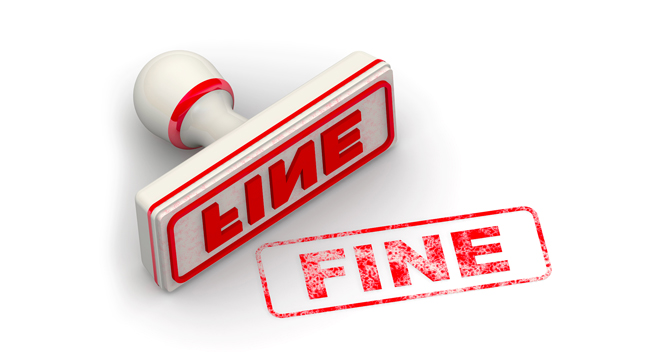Finance Minister Enoch Godongwana has significantly increased the maximum fines that the Independent Regulatory Board for Auditors (Irba) can impose on auditors and auditing firms for misconduct.
Irba was previously limited to a maximum fine of R200 000 per charge of misconduct, whether for an individual auditor or an audit firm. It can now impose fines of millions of rands on errant auditors and their employers.
In respect of Irba imposing fines, the Auditing Professions Act (APA) distinguishes between auditors and auditing firms that admit guilt and those that are found guilty following a disciplinary hearing.
In terms of the minister’s notice published in the Government Gazette on 15 June, Irba’s Enforcement Committee can fine an individual auditor R5 million if they admit guilt after a misconduct charge, while an audit firm that admits guilt in a misconduct case can be fined R15m.
If an individual auditor does not admit guilt but is subsequently found guilty in a disciplinary hearing, the Disciplinary Committee can impose a fine of R10m, while an audit firm found guilty of misconduct following a formal hearing can be fined up to R25m.
The new maximum fines follow recommendations from Irba and after considering comments on proposed fine increases published in September 2022.
Irba said these monetary sanctions apply to all improper conduct after the date on which the APA was promulgated: after 26 April 2021.
Irba is empowered by the Act to investigate complaints of improper conduct where registered auditors are alleged to have acted contrary to its Code of Professional Conduct or failed apply auditing standards correctly.
The 2021 amendment to the Act was intended to introduce more effective monetary sanctions that are consummate with the improper conduct. This, in response to the public criticism that monetary sanctions for improper conduct were too low to effectively deal with improper conduct,” Irba said.
Although Irba welcomed the new maximum fines, it said these are the maximum fine limits and are not fixed, Irba’s chief executive, Imre Nagy, said.
“As in the past, the Enforcement Committee and the Disciplinary Committee continue to have, within their respective scopes, a variety of other sanctions which may be imposed for improper conduct, including non-monetary sanctions. The committees also continue to have the power to scale monetary sanctions in line with the seriousness of the charges; therefore, not every charge of improper conduct will attract the maximum fine,” Nagy said.
Irba will finalise the implementation framework that will ensure that relevant considerations, including proportionality, are considered prior to determining an appropriate fine, he said.
Law firm Webber Wentzel said the increased maximum fines are a major change that are likely to have a significant impact on the auditing profession in South Africa. It remains to be seen how Irba’s new powers will affect auditors who engage in improper conduct.
‘Unintended consequences’
Independent analyst Khaya Sithole said the new maximum fines might discourage individuals from taking up active auditor positions because of the liability risk.
In an interview with Moneyweb, Sithole said the fines will also make it difficult for new firms to enter the auditing market because the professional indemnity insurance they will have to buy is going to escalate.
“Many people will quite simply say, we cannot afford to take up the type of indemnity that covers the potential sanctions regime that has now been implemented. So, that may have unintended consequences for new entrants into the market,” he said.



